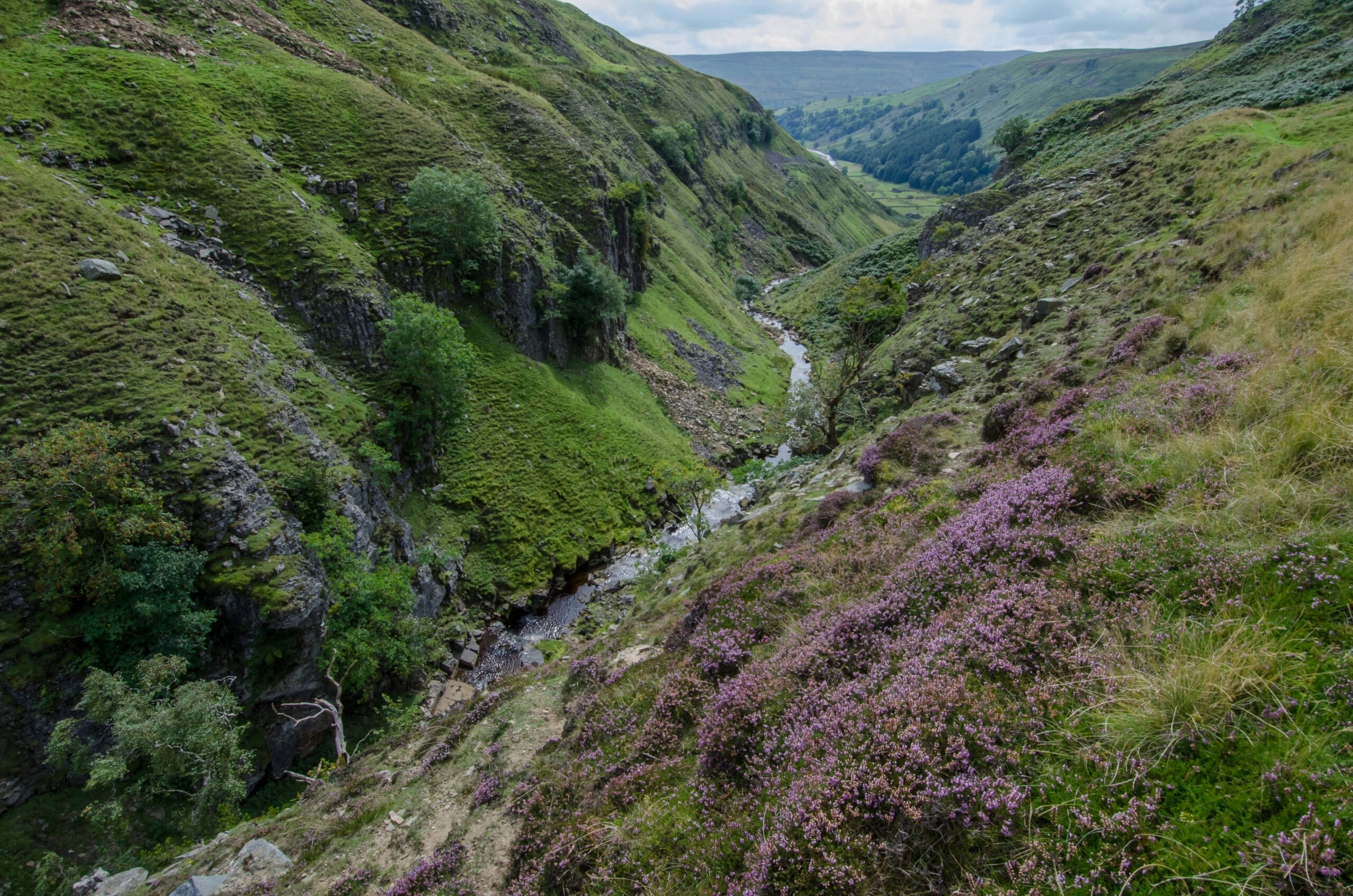Corporate and community buyouts can work hand-in-hand to create a just, secure, and sustainable uplands.
Tradition meets innovation
Modernising management of land is necessary to keep global temperatures below 1.5°C by 2030, and that’s why Wild Moors focuses on advancing the implementation and scalability of nature-based climate solutions.
But of course, no single solution addresses all the urgent and complex needs of a growing land management system. There are, as they say, no silver bullets — and that’s especially true with something as complex as restoring land for nature, climate and people.
One promising compliment to our work are community buyouts. Overarchingly, this system of land management and practices aims to rehabilitate ecosystems, enhance climate solutions like carbon storage and flood prevention, protect wild animal welfare and promote social equity.
As land restoration experts from The Nature Conservancy have said, shifting from intensively managed land to nature-based climate solutions could provide a third of greenhouse gas mitigation globally between now and 2030. With a shift towards managing land for climate solutions, government and corporate policy could help communities, land managers and others with intimate understanding of local lands access new income streams and enjoy livelihoods funded by recovery and rewilding.
Climate solutions may include:
- Rewetting peat bogs and planting sphagnum moss to promote biodiversity, provide carbon storage, ensure clean water and reduce flood and wildfire risk.
- Expanding native tree cover with planting or natural regeneration to ensure a healthy mosaic of upland habitats.
- Grazing native breeds like galloway cattle and fell ponies to ensure regenerative processes, rather than using intensive farming.
- Ensuring land managers and land-workers are paid fairly and have safe working conditions.
Beyond grouse shooting, the income to finance nature-friendly land management can be generated by climate solutions. Carbon offsetting, biodiversity net gain and water management are three programmes that build on an agreed standard to incorporate rewilding principles. Like corporate buyouts, community buyouts have gained momentum in recent years as more people seek to lessen the environmental impact of land management.
A common goal
Corporate and community buyouts share a common goal: to shift our landscapes towards more sustainable management. Specifically, both aim to reduce pressures on ecosystems by restoring habitats, increase biodiversity, and conserve natural resources. At Wild Moors we see community buyouts as a complementary solution that can work in harmony with corporate buyouts, and many of our supporters and staff are all-in on both theories of change.
Leaky dams are a scalable climate solution that can be used to significantly reduce flooding in local communities and diversify natural habitats for flora and fauna. The use of these simple yet effective innovations was pioneered by eco-entrepreneurs in the community of the Calder Valley. In the years since then the technology has been adopted by a number of large corporate moorland-owners including Yorkshire Water and United Utilities.
Better together
Wild Moors and the rewilding movement need partners in companies and communities. Likewise, companies and communities can better compete for acquiring land for climate solutions over intensive land uses if they partner with the rewilding movement.
Corporately and community-owned moors currently make up less than a third of the uplands of northern England. Meanwhile, privately-held grouse moors which cover the remaining two-thirds of the uplands are decreasing in viability and value.
Scaling up climate solutions will require more access to land — which must come from grouse moors rather than wilderness to provide net benefits. Fortunately, rewilding requires far less resources than intensive land management systems. The benefits to be obtained for those companies and communities which enable it, as well as society as a whole, are also far greater.
One of the huge biodiversity advantages of climate solutions is the re-engagement with the land, and that land use change for natural capital will lower land stress, restore a mosaic of habitats, and open up options for community enterprises and regenerative farming practices.
Likely partners
Corporate and community buyouts are both essential to the more just land management system we’re working towards, but neither is a silver bullet. As many experts recognise, the uplands need a full transition to being managed for nature, the climate and people, and corporate and community-owned land will both be essential to realising that transition’s full promise.
Together, the two can be mutually reinforcing solutions to create a just, secure, and sustainable land management system.
